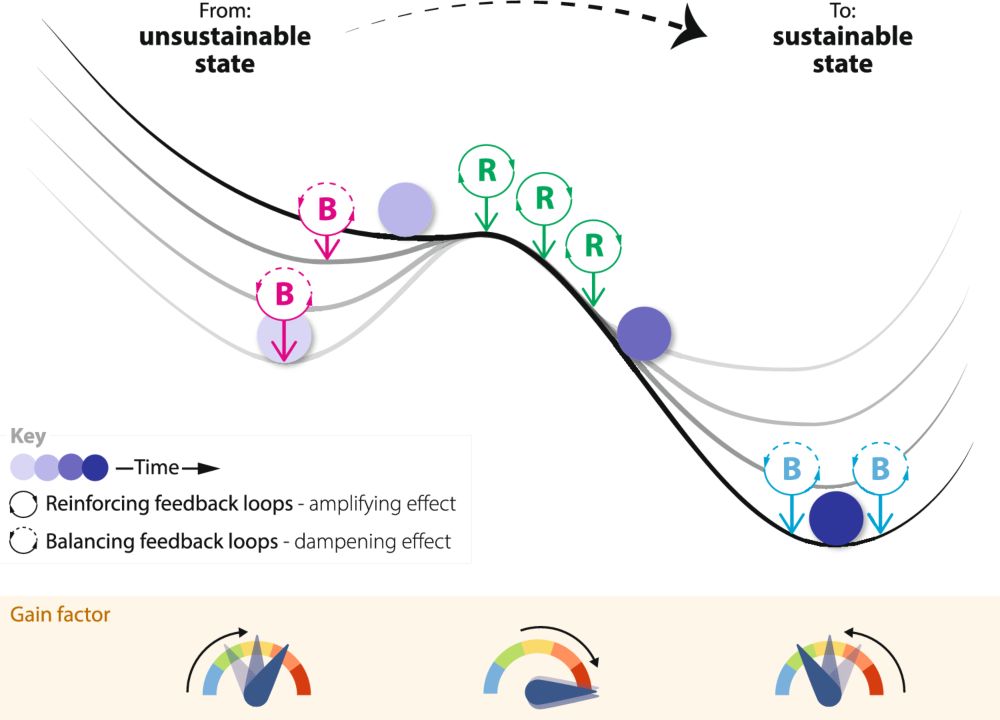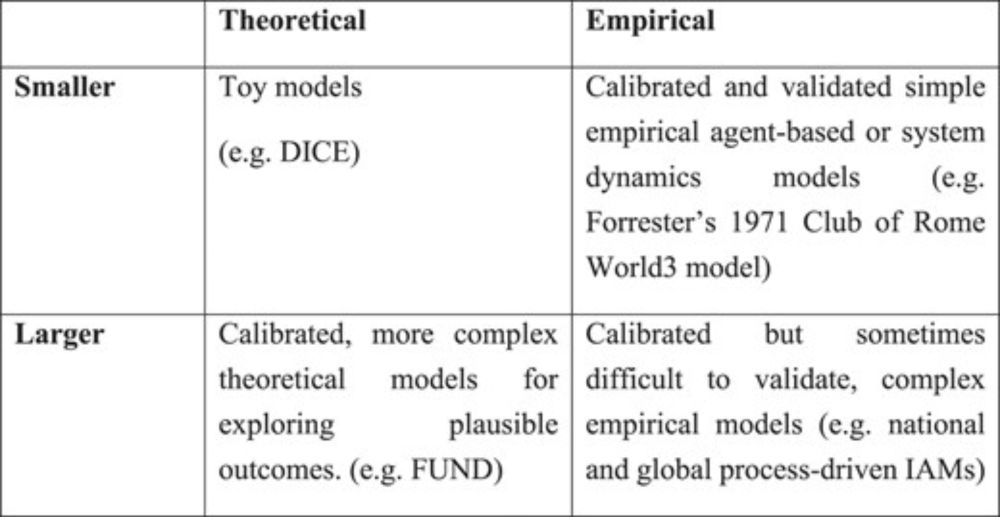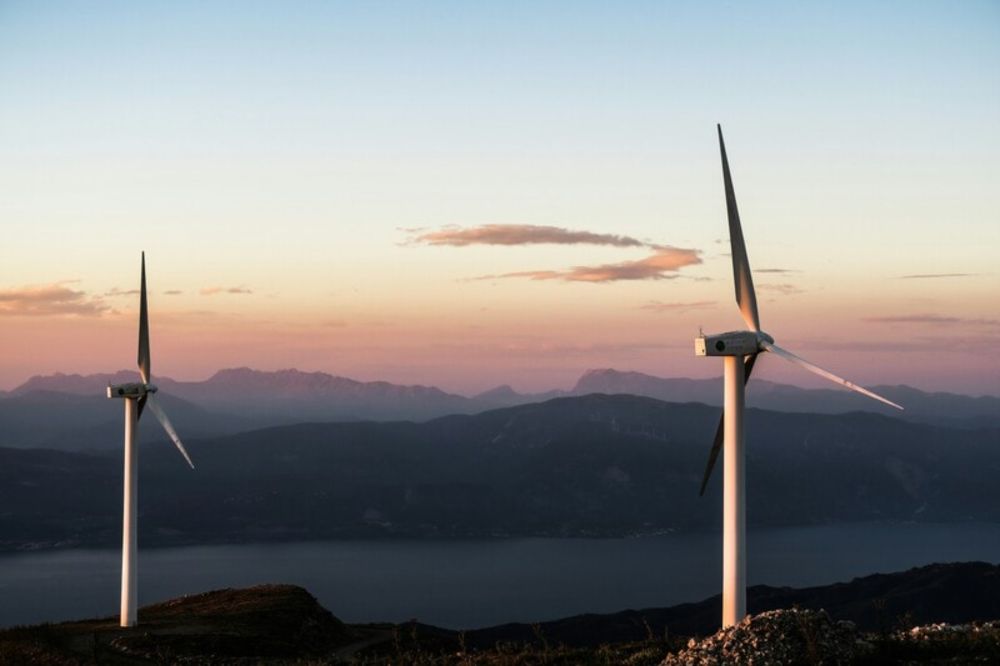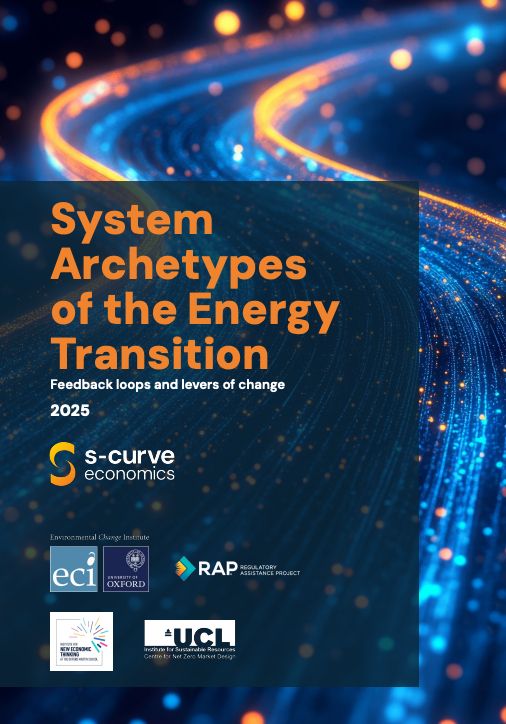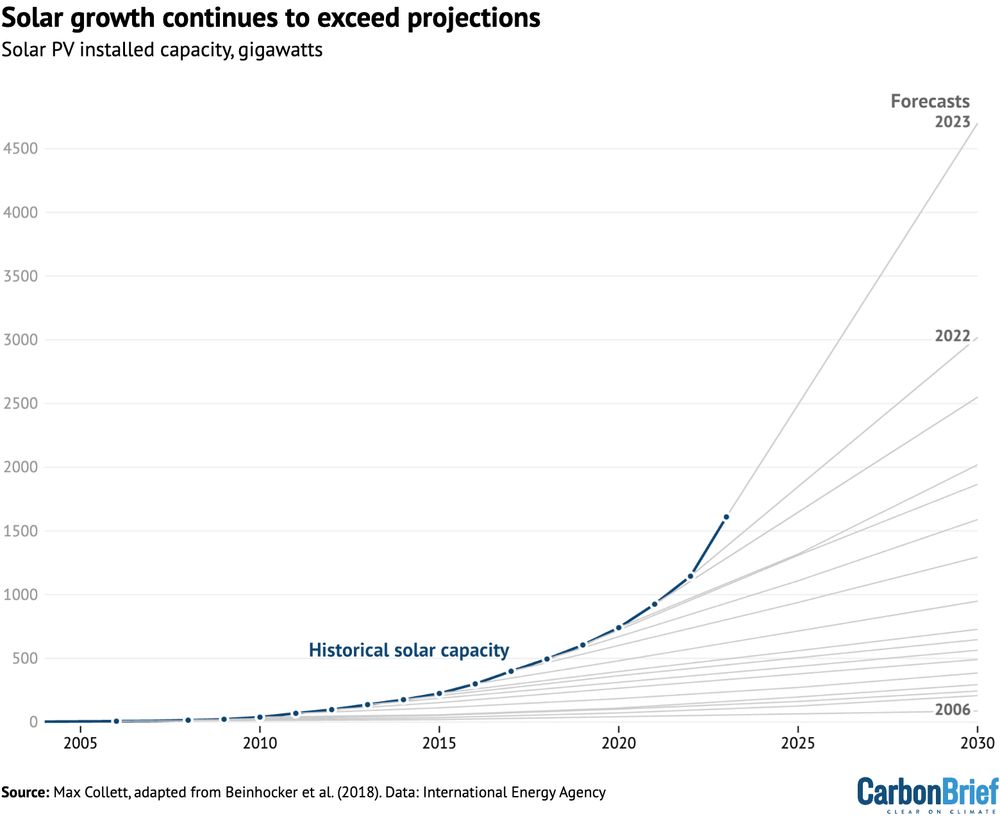Pete Barbrook-Johnson
@bapeterj.bsky.social
2.4K followers
290 following
57 posts
Lecturer in Social Economics, UCL + Teaching Associate, ECI, Oxford. Systems mapping, agent-based modelling, systems and complexity methods in social science. Env and energy policy. https://www.barbrookjohnson.com
Posts
Media
Videos
Starter Packs
Reposted by Pete Barbrook-Johnson
Reposted by Pete Barbrook-Johnson
Reposted by Pete Barbrook-Johnson
Reposted by Pete Barbrook-Johnson
Anna Murphy
@annamurph.bsky.social
· Jun 6
Reposted by Pete Barbrook-Johnson



